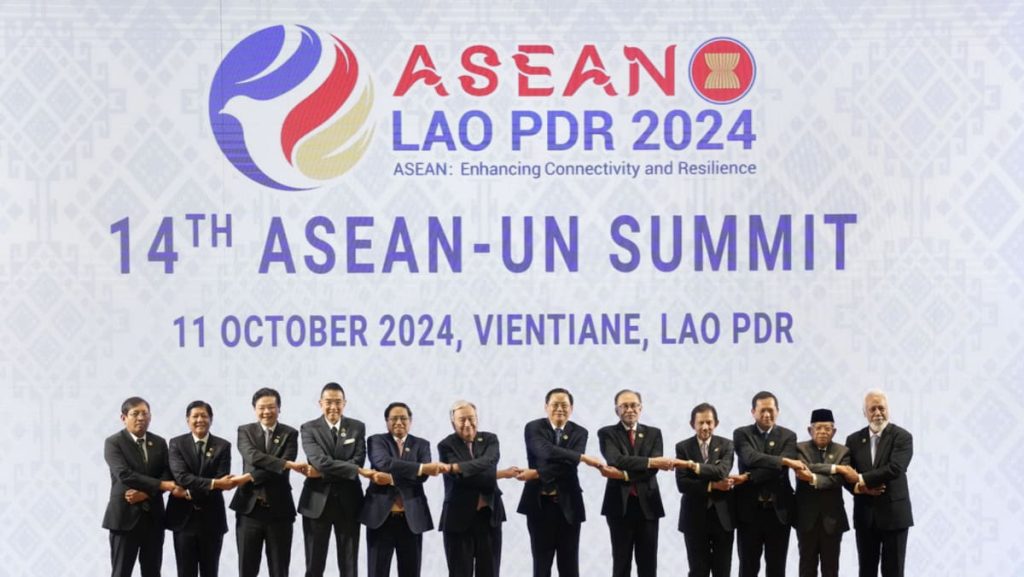Ms Sharon Seah, a senior fellow at the ISEAS-Yusof Ishak Institute’s ASEAN Studies Centre, emphasized that Southeast Asia is no longer a battleground for external powers and ASEAN has a track record of deciding how and when it wants to engage with external partners through a mixture of diplomatic, political, and economic cooperation. The region has evolved beyond the outdated Cold War view of being influenced by external powers.
Economically, ASEAN and China have deepened their ties by committing to an upgrade of their free trade agreement. Leaders anticipate concluding negotiations on the ASEAN-China Free Trade Area (ACFTA) next year. The trade between ASEAN and China has significantly increased since the pact was signed in 2010, reaching US$696.7 billion in trade volume last year. The economic benefits derived from this relationship have led many ASEAN members to hold back on pushing back against Beijing’s actions in the South China Sea.
Geopolitical rivalry has placed Southeast Asia in a position to benefit economically, with various big powers attempting to gain influence in the region. This has resulted in increased development finance from China, as well as other countries like Japan, the US, and the EU to countries in Southeast Asia. However, this economic advantage also puts Southeast Asia at the epicenter of potential conflicts, especially in the South China Sea, where a misstep could lead to a hot conflict.
In the context of global supply chain diversification efforts from China, Southeast Asia has emerged as an alternative source of exports. Enhancing trade relations with China has positioned the region well, with increased Chinese investments leading to substantial export growth to advanced economies. This mutually beneficial trade integration benefits all parties involved, marking a win-win situation for Southeast Asia, China, and advanced economies.
Regarding the conflict in Myanmar, ASEAN leaders have condemned the military government’s insufficient efforts to achieve peace and demanded the implementation of the Five-Point Consensus. The principle of non-interference and consensus-based decision-making hinders the bloc from forcefully resolving the crisis in Myanmar. Malaysia, the incoming ASEAN Chair, will be tasked with finding a pathway to address the ongoing civil war in Myanmar and restoring regional unity amidst the humanitarian crisis.
As Malaysia assumes the ASEAN Chairmanship, there are high expectations for Mr. Anwar Ibrahim to play a more assertive role compared to Laos. His experience in international affairs and Malaysia’s stature as a founding member of the bloc will likely shape his leadership style. Anwar is expected to focus on strengthening unity within ASEAN, balancing economic relations with China, and addressing security concerns in the South China Sea. Malaysia’s priorities include accelerating economic integration, concluding the digital economy framework agreement, upgrading free trade agreements, and setting a post-2025 vision for ASEAN.













